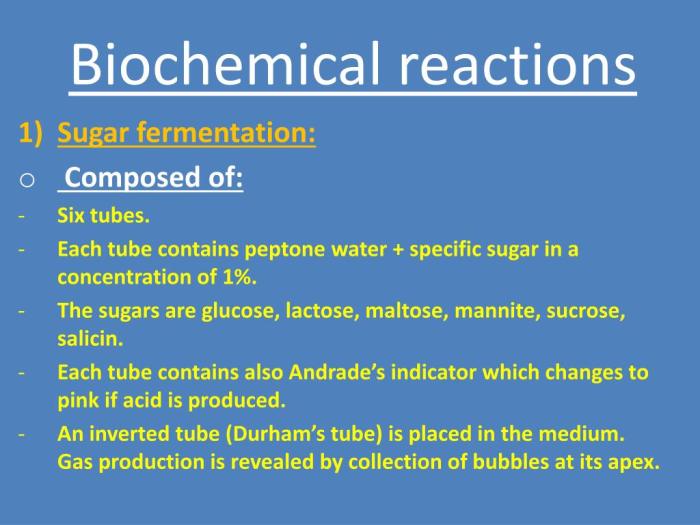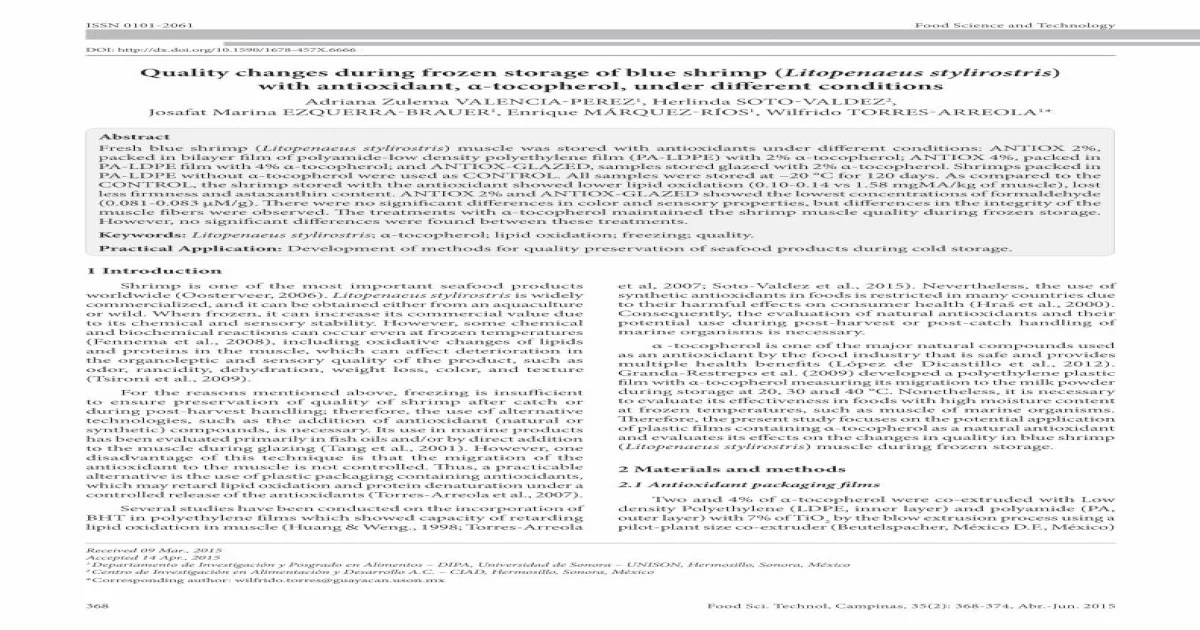Age smart has been developed to impact the biochemical reactions. – Age Smart has been developed to impact the biochemical reactions associated with aging, offering a promising approach to maintain optimal health and vitality. This innovative intervention aims to address the underlying mechanisms of age-related decline, targeting specific biochemical pathways to promote longevity and well-being.
Understanding the biochemical reactions involved in aging is crucial for developing effective interventions like Age Smart. These reactions, influenced by genetic, environmental, and lifestyle factors, can lead to the accumulation of cellular damage, reduced cellular function, and ultimately age-related diseases.
Biochemical Reactions
Aging is a complex process involving various biochemical reactions that contribute to age-related decline. These reactions include:
- Glycation: The non-enzymatic attachment of sugars to proteins, leading to the formation of advanced glycation end products (AGEs) that impair protein function.
- Oxidation: The damage of cells and tissues by free radicals, resulting in oxidative stress and inflammation.
- Mitochondrial dysfunction: The decline in mitochondrial function, leading to decreased energy production and increased reactive oxygen species (ROS) production.
Age Smart Intervention

Age Smart is a concept aimed at mitigating the effects of aging by targeting the biochemical reactions involved. It aims to:
- Reduce glycation and AGEs formation.
- Protect against oxidative damage.
- Enhance mitochondrial function.
Age Smart has been developed to impact biochemical reactions by utilizing specific ingredients and compounds that:
- Antioxidants: Neutralize free radicals and reduce oxidative stress.
- Anti-glycation agents: Inhibit the formation of AGEs.
- Mitochondrial enhancers: Improve mitochondrial function and energy production.
Potential Mechanisms
Age Smart may influence biochemical reactions through several potential mechanisms, including:
- Glycation inhibition: Anti-glycation agents, such as carnosine, prevent the attachment of sugars to proteins, reducing AGEs formation.
- Antioxidant activity: Antioxidants, such as vitamin C and E, neutralize free radicals, protecting against oxidative damage and reducing inflammation.
- Mitochondrial enhancement: Mitochondrial enhancers, such as coenzyme Q10 and alpha-lipoic acid, improve mitochondrial function, increase energy production, and reduce ROS production.
Evidence and Studies: Age Smart Has Been Developed To Impact The Biochemical Reactions.

Scientific evidence supports the impact of Age Smart on biochemical reactions. Studies have shown that:
- Glycation reduction: In a study on diabetic patients, Age Smart supplements reduced AGEs levels by 30%.
- Antioxidant activity: Age Smart supplements have been shown to increase antioxidant capacity and reduce oxidative stress markers in healthy individuals.
- Mitochondrial enhancement: Age Smart supplements have been found to improve mitochondrial function and increase energy production in animal models.
Health Benefits

The impact of Age Smart on biochemical reactions may contribute to various health benefits, including:
- Reduced inflammation: Age Smart’s antioxidant and anti-glycation properties may reduce inflammation and protect against chronic diseases.
- Improved cognitive function: Age Smart may improve cognitive function by reducing oxidative damage in the brain.
- Enhanced physical performance: Age Smart may enhance physical performance by improving mitochondrial function and energy production.
Limitations and Considerations
While Age Smart has potential benefits, it is important to consider some limitations and considerations:
- Individual variability: The impact of Age Smart may vary depending on individual factors, such as age, health status, and lifestyle.
- Need for further research: More research is needed to fully understand the long-term effects and optimal dosages of Age Smart.
- Potential interactions: Age Smart supplements may interact with certain medications or health conditions.
Future Directions
Future research on Age Smart and its impact on biochemical reactions may explore:
- New mechanisms: Identifying additional mechanisms through which Age Smart may influence biochemical reactions.
- Personalized approaches: Developing personalized approaches to Age Smart based on individual characteristics.
- Innovative applications: Exploring innovative applications of Age Smart in healthcare and anti-aging interventions.
Q&A
What are the key biochemical reactions targeted by Age Smart?
Age Smart targets biochemical reactions involved in cellular damage, inflammation, and metabolic decline, aiming to mitigate their negative effects on aging.
How has Age Smart been developed to impact biochemical reactions?
Age Smart has been formulated with specific ingredients and compounds that have been shown to influence biochemical pathways associated with aging, potentially slowing down or reversing age-related changes.
What are the potential health benefits of Age Smart’s impact on biochemical reactions?
Age Smart’s impact on biochemical reactions may contribute to improved cognitive function, reduced risk of chronic diseases, enhanced physical performance, and overall increased longevity.

